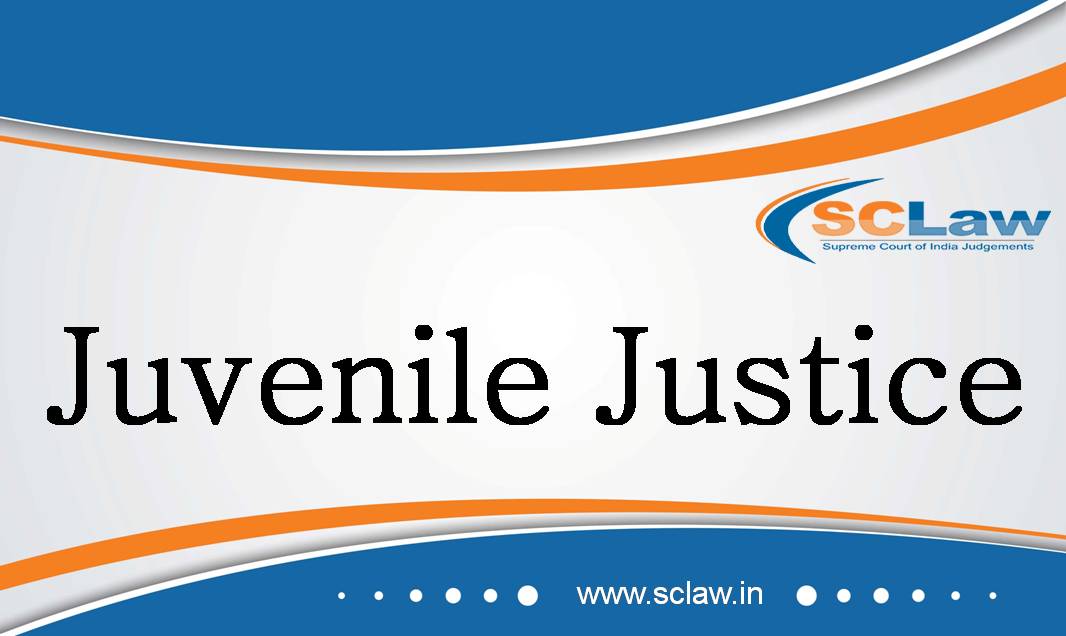(i) Whether the provisions of Indian Limitation Act, 1963 is applicable to arbitration proceedings initiated under Section 18(3) of Micro, Small and Medium Enterprises Development Act, 2006 ?; HELD YES (ii) Whether, counter claim is maintainable in such arbitration proceedings ? HELD YES “MSMED Act, being a special Statute, will have an overriding effect vis-à-vis Arbitration and Conciliation Act, 1996, which is a general Act.”
“18. With regard to first issue, namely, applicability of Limitation Act, 1963 to the arbitration proceedings initiated under provisions of Micro, Small and Medium Enterprises Development Act, 2006, we need…






